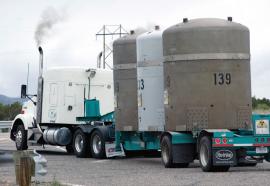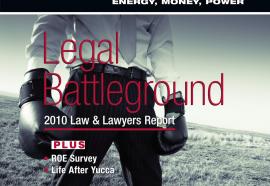Commerce Clause Conflict
In-state green mandates face Constitutional challenges.
In effort to promote local green energy resources, some states are enacting policies that tread on federal authority. Restrictions on power imports to satisfy RPS requirements might violate the Commerce Clause of the U.S. Constitution. Can the states foster home-grown energy without running afoul of federal laws?











